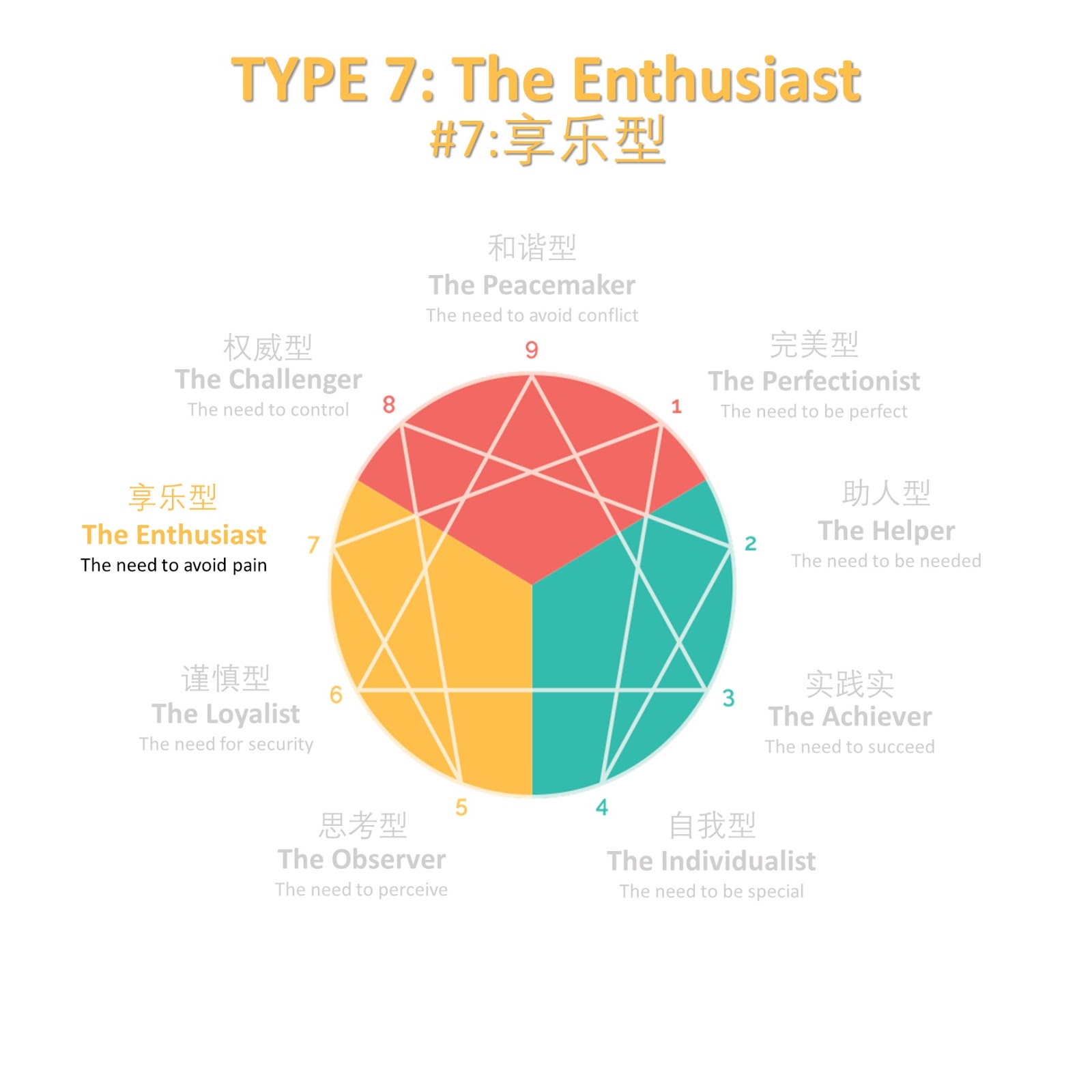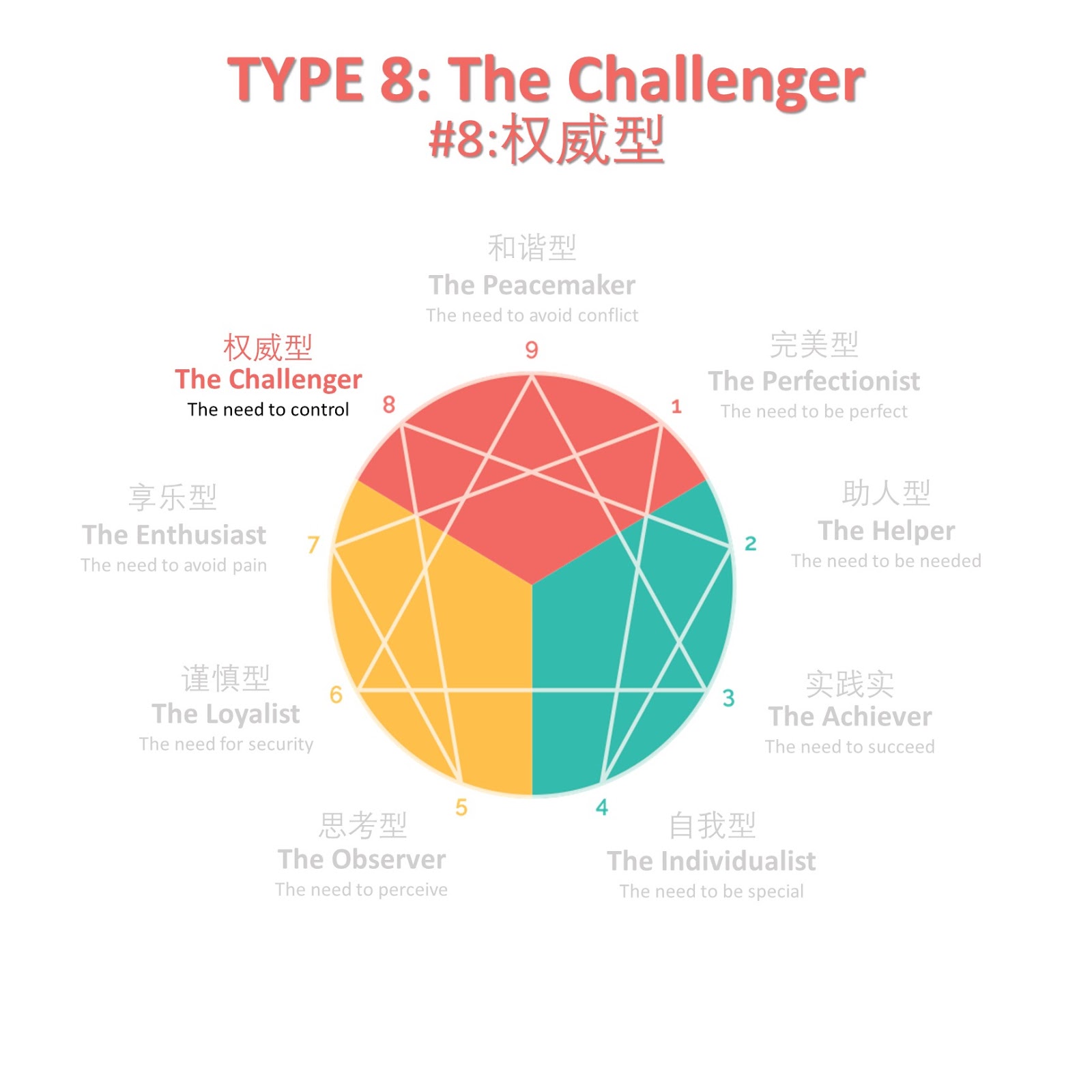
ENNEAGRAM
Type 1:
The Perfectionist
Type 1:
The Perfectionist
World View
“I must correct the imperfections in this world.”
Thought Pattern
Resentment. You feel that life is not the way that it could have been or was meant to be
Emotional Pattern
Anger. Looking at the state the world is in infuriates you, and the fact that others do not seem as bothered by it as you are makes it even worse.
Defense Mechanism
Reaction formation. Acting in an opposite manner from how you would naturally react to a given situation because you think your true response is unacceptable by society’s standards

You see the world in black and white. To you, there is good and there is evil, there is right and there is wrong. And you’re driven by the need to be good and right. The great thing about you is that you’re super responsible and conscientious, and you believe strongly in personal integrity. Altogether, this means you’re a dependable coworker and friend. But you also set impossibly high standards for yourself, and fixate on mistakes and external criticism. You can sometimes come across as a little “judgey”.
Type 1s are motivated by the desire to be good, and there’s little ambiguity as to what is good to them. Things are either 100% perfect or just plain wrong. This applies to both work and relationships.
Because they have a very loud and harsh inner critic, they tend to be extremely unforgiving towards their own mistakes, wrongdoings and risk-taking. This molds them into highly ethical, practical, meticulous and organised individuals.
Type 1s are responsible and proactive when it comes to rectifying problems. They’ll put in all the extra hours and effort to find a resolution they deem fit, which makes them excellent workers and analysts.
But Type 1s still inevitably fall short of their high personal standards. To protect themselves from their own insecurities and guilt, Type 1s often end up becoming hypercritical of those around them. It’s almost impossible to please a Type 1 since they hold others, including romantic partners, to unrealistic expectations.
Key Strengths
- Strong moral compass
- Set high standards
- Conscientious, meticulous and methodological
- Self-reliant
Key Weaknesses
- Rigid
- Overly critical
- Judgmental









